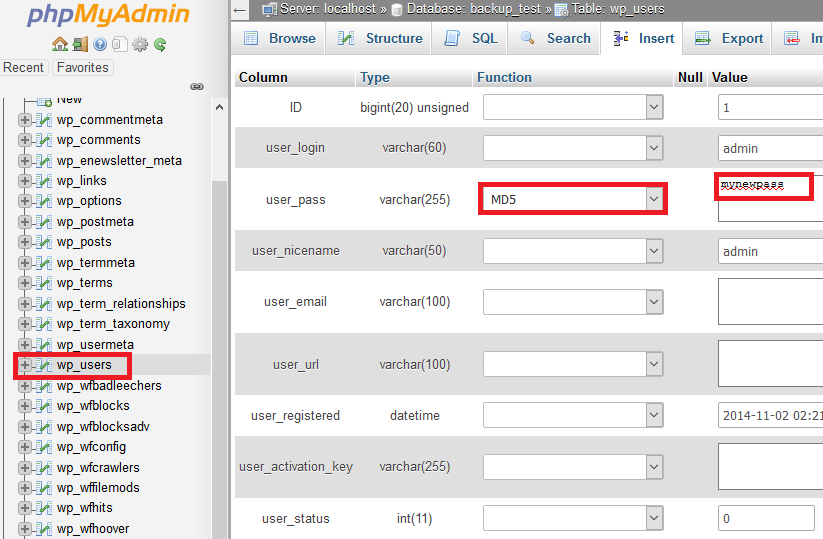How to Connect to Your WordPress Server on AWS using a SSH client
You created an AWS virtual server instance and installed WordPress on it. Your WordPress site is public on the internet. You still need to manage your server such as adding a free SSL certificate to your website.
In this article, I show you how you can access to your server to manage it using a SSH client. We are going to use PuTTY.
Step 1: Download PuTTY
Step 2: Install and Open PuTTY program.
[Continue Reading…]
